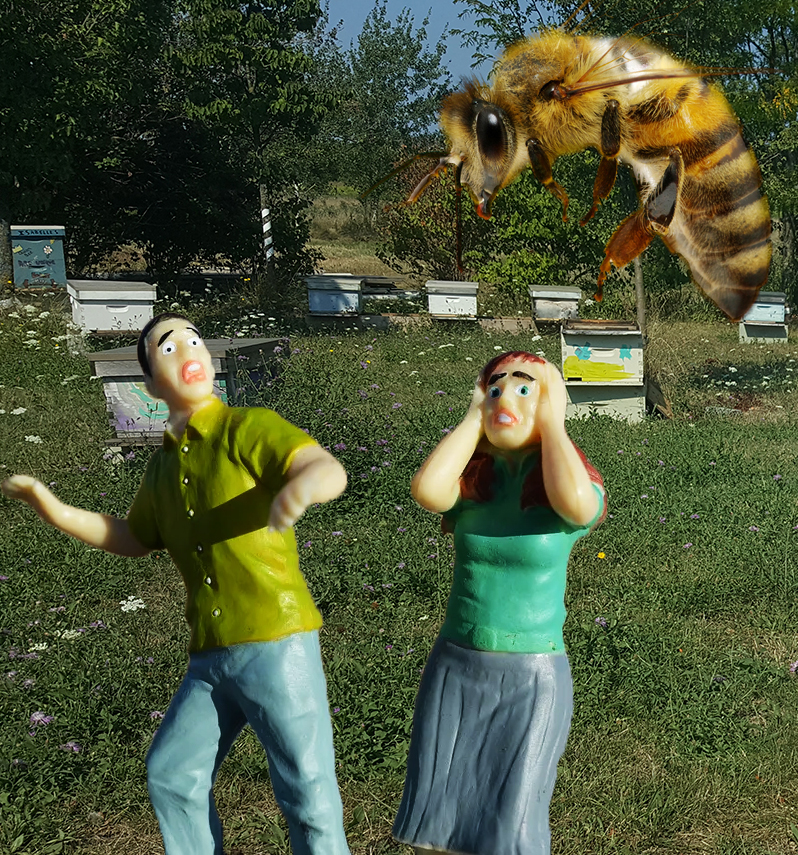The Buzz
Flower Huggers – Love or Dislike
How many times have you heard someone say they have a fear of bees? Melissophobia, or Apiphobia is an intense and irrational aversion to bees that causes panic and for some even interrupts daily living.
A healthy dose of fear is never a bad thing.
I mean fear is meant to help us make rational and safe decisions after all. However, when someone has a phobia, this fear manifests itself in a way that affects their quality of life. I’ve always wondered where our fears stem from. Some of us can trace it back to a specific event or trigger. But oftentimes the cause of everyday, irrational fears is unknown.
If you are afraid of bees, you are not alone.
In fact, the fear of bees is ranked right up there with the fear of flying, heights, water, spiders, small spaces and countless others.
I will never forget the day my mother lovingly picked a handful of peonies from her garden for me to bring home. My husband was at the wheel and I wanted to share the beautiful aroma of the bouquet with him. In a spontaneous gesture, I briefly brought the flowers underneath his nose to let him smell them. In that instant, a bee, who had been minding their own business just trying to pollinate, flew out of the buds and into my husband’s shorts! Have I mentioned that my husband is deathly afraid of bees? Panic struck and he was trapped in a car with his biggest nemesis without any means of battle. I probably laughed or something insensitive like that while he scoured the roadside for a safe place to pull over and shake his shorts out.
While a rare percentage of people are highly allergic to bee venom, (anaphylaxis), most are not. People often tend to lump all black and yellow, winged things together, such as bees, wasps and hornets and assume they are all out with a predatory vengeance on our flesh. This is entirely not true. A honeybee’s demeanor is as different from that of a wasp as a tiger’s demeanor is from a lamb.
As we take a closer look at the honeybee’s place in our ecosystem, we come to understand that they are not out to hurt us. Ironically, a honeybee prefers not to sting and would rather go about their day pollinating than bother to antagonize a human being.
The truth is, unless attacked or provoked, honeybees are docile and fascinating, little creatures.
Here’s some food for thought. Honeybees pollinate about a third of what we eat. Not only that, they substantially affect the production of some of our most important crops, all while preparing the most delicious food on the planet – honey! It is estimated that 90% of the world’s flowering plants depend on pollination in order to thrive and reproduce.
As the colder temperatures arrive, honeybees feast on greater amounts of honey so that they can store up enough energy to keep their queen warm. They vibrate their delicate wings and with the queen at the centre, are able to sustain her with warmth. Even in -40°C, she can be kept at a tropical 30°C! How incredible is that?!
So, the next time you are tempted to swat at a bee, remember that these gentle flower huggers do not want to sting you. They are simply and magically carrying about the responsibility of facilitating biodiversity and saving the planet and that’s something most of us humans are still learning how to do.


